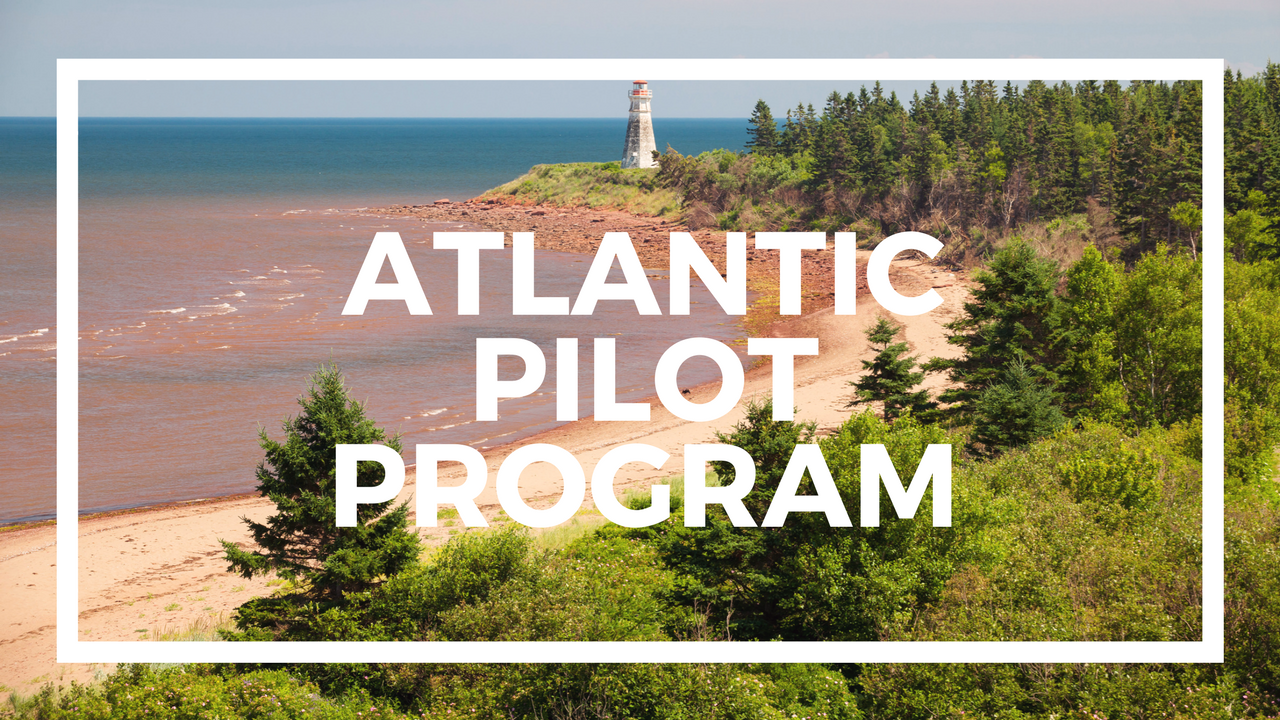NEWFOUNDLAND AND LABRADOR, CANADA
GET TO KNOW NEWFOUNDLAND AND LABRADOR
THE PROVINCE OF NEWFOUNLAND AND LABRADOR
Have you chosen Canada as you immigration destination? While the nation continues its welcoming strategic plan to receive skilled immigrants from all over the world, it is important that you get acquainted with your future country, and learn about the benefits that each province will offer you as a permanent resident. Explore the province of Newfoundland and Labrador with this comprehensive guide.
The province of Newfoundland and Labrador is located on the farthest east of Canada, Newfoundland covers a continental region (Labrador) and a peninsular region (the Island of Newfoundland), with a combined area of 405,720 km2.
Labrador is separated from Newfoundland by the narrow Strait of Belle Isle.
In 2017, about 528,817 people lived in Newfoundland and Labrador, according to the stats published in the official website of the Government.
Most of Newfoundland’s population comes from European roots, mainly from England and Ireland. There are also native communities, namely the Mi’kmaq, the Innu, Inuit and Inuit-Métis.
new foundland and labrador PROVINCIAL NOMINEE PROGRAMS
Within the Newfoundland and Labrador Provincial Nominee Program, there are six categories a person can apply to obtain the permanent resident visa to move to Canada:
Express Entry Skilled Worker Category.
Skilled Worker Category.
International Graduate Category.
International Graduate Entrepreneur Category.
International Entrepreneur Category.
Atlantic Immigration Pilot.
Like the programs from other provinces, these six categories are tailored to attract specific targets, from skilled workers to international students. The Newfoundland and Labrador Provincial Nominee Program requires that all candidates applying have a job offer from a Newfoundland and Labrador employer and meet all the eligibility criteria.
WHAT IS NEWFOUNDLAND AND LABRADOR FAMOUS FOR
Newfoundland is the youngest province of Canada.
92% of the province’s population lives in the island of Newfoundland.
St. John’s is considered to be the oldest city in North America.
The St. John’s Regatta is held annually on the first Wednesday of August.
The island of Newfoundland has its own time zone, 30 minutes ahead of Atlantic Time.
THE MAIN CITIES OF NEWFOUNDLAND AND LABRADOR
St. John’s: The most populated city of the province and its capital, St. John’s is the main hub for cultural, educational, financial and commercial activities. There are 108,860 people living in St. John’s. The biggest industry services pushing forward the economy are oil and gas, retail and business.
Conception Bay South: The second largest town of the province, with 26,199 inhabitants. Just 20 minutes from St. John’s, the town is considered one of the top places to live in the Avalon peninsula.
NEWFOUNDLAND AND LABRADOR WEATHER
Climate in the province is different from one area to another. Even though winters are cold and summers are hot, temperatures in Newfoundland are not extreme.
Labrador usually observes cold winters but enjoyable summers, with temperatures closing near 25°C. The inland part of Labrador has a continental climate, while the coastal part experience marine weather conditions
In the island of Newfoundland, summer temperatures average 25°C and winters can stick around 0°C. There is a fair share of rain but as you go up north, half of it falls in the form of snow.
ECONOMY IN NEWFOUNDLAND AND LABRADOR
Tourism is one of the main activities contributing to the development of Newfoundland. Other relevant industrial activates are fishing, mining, oil and hydroelectric developments. The oil production industry, in particular, was set to boost the province’s economy during 2019.
This year, the government announce the province had received twice the number of immigration applications compared to 2018. Combining the immigration strategy laid out by the provincial government with the federal government’s Atlantic Immigration Pilot Program (AIPP), Newfoundland was able to reach and go past its initial goal of 1,700 permanent residents, which was supposed to be achieved by 2022. The minimum wage in Newfoundland and Labrador is $11.40 per hour.




